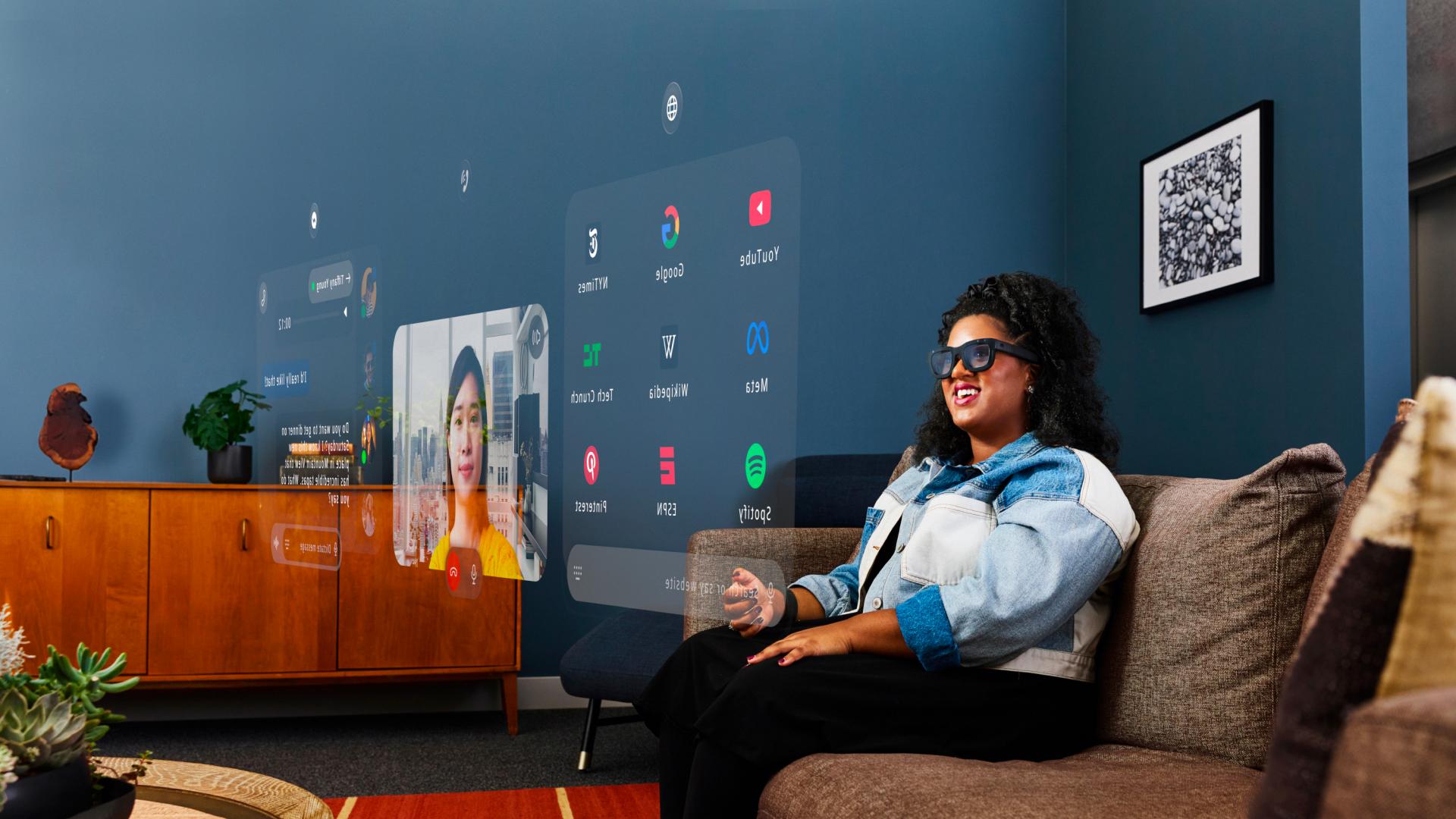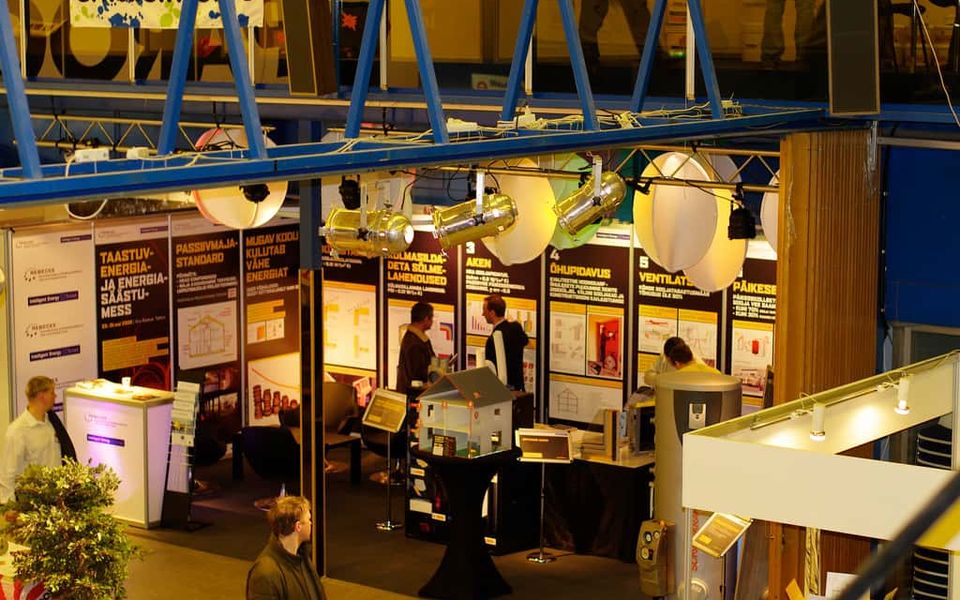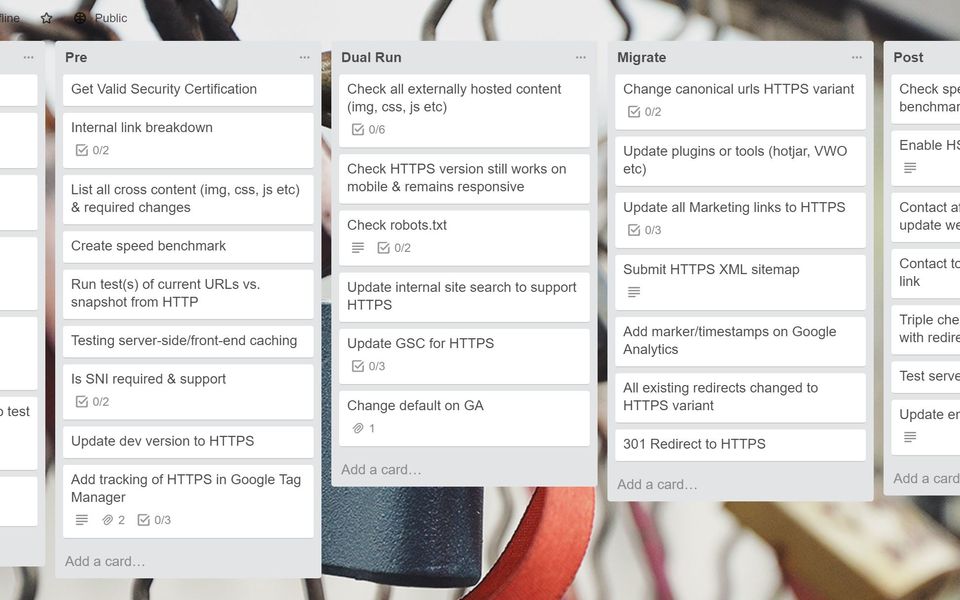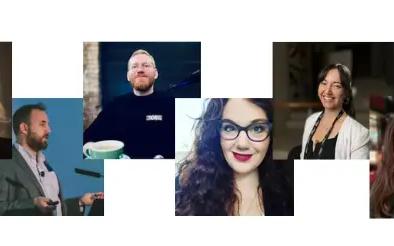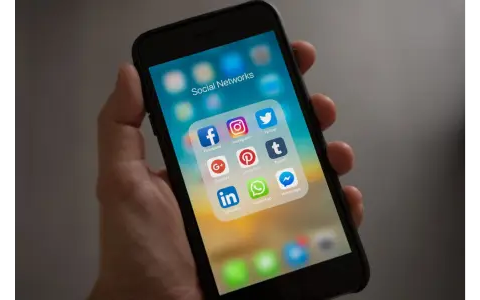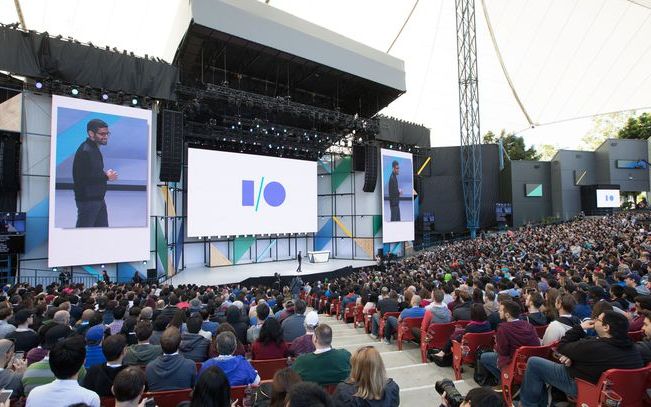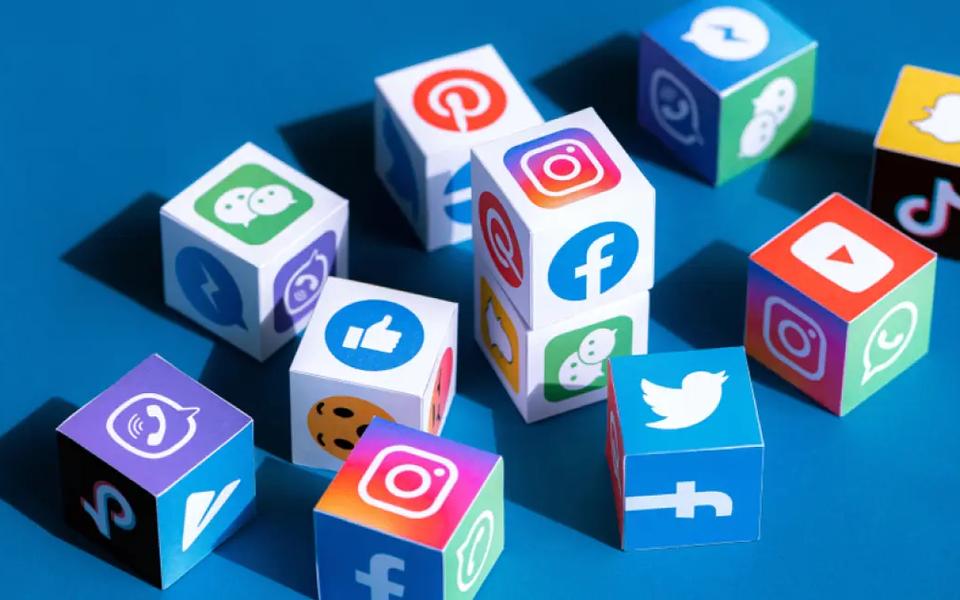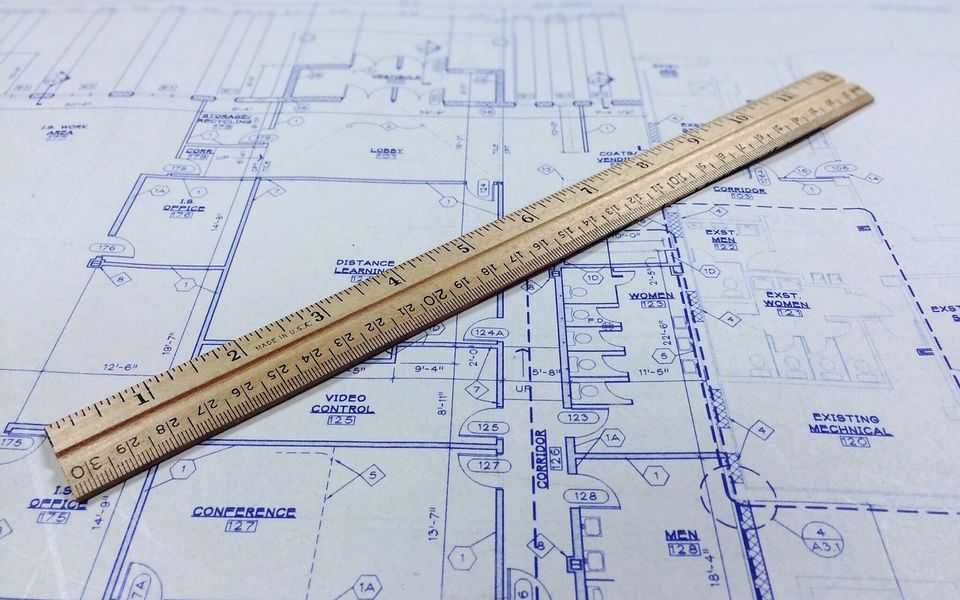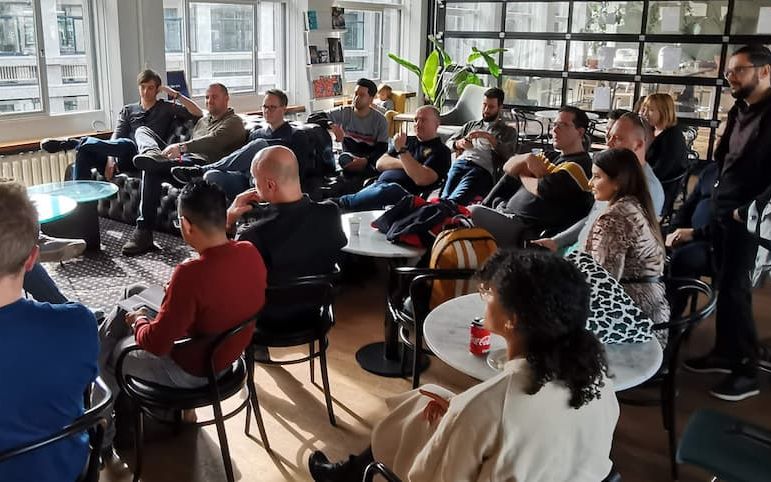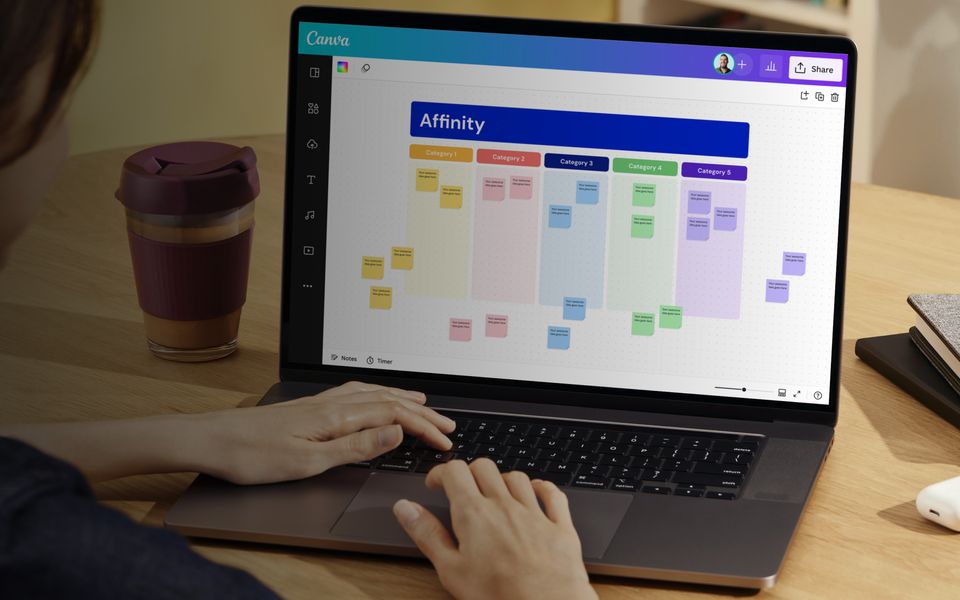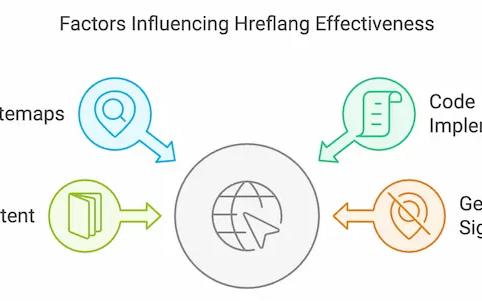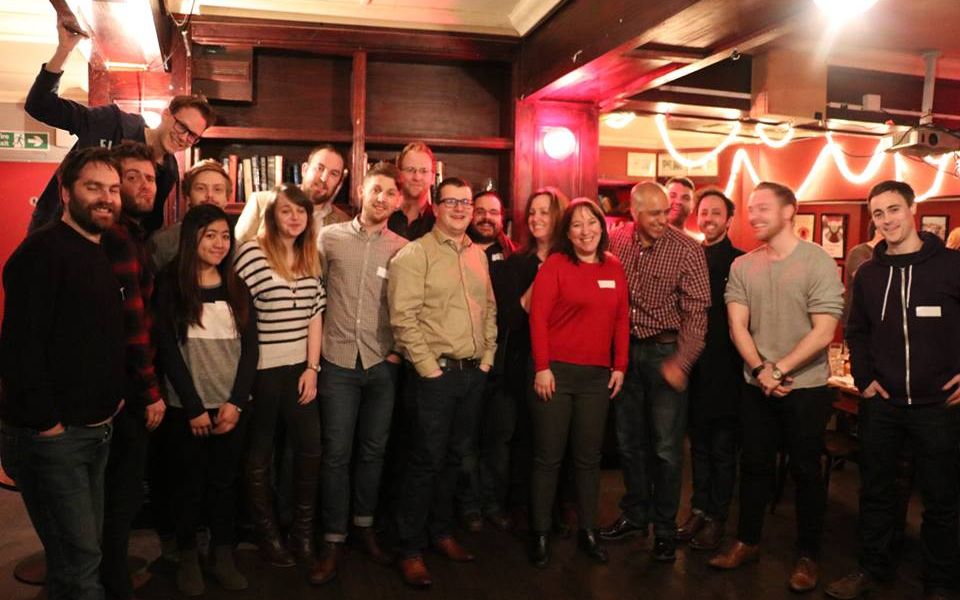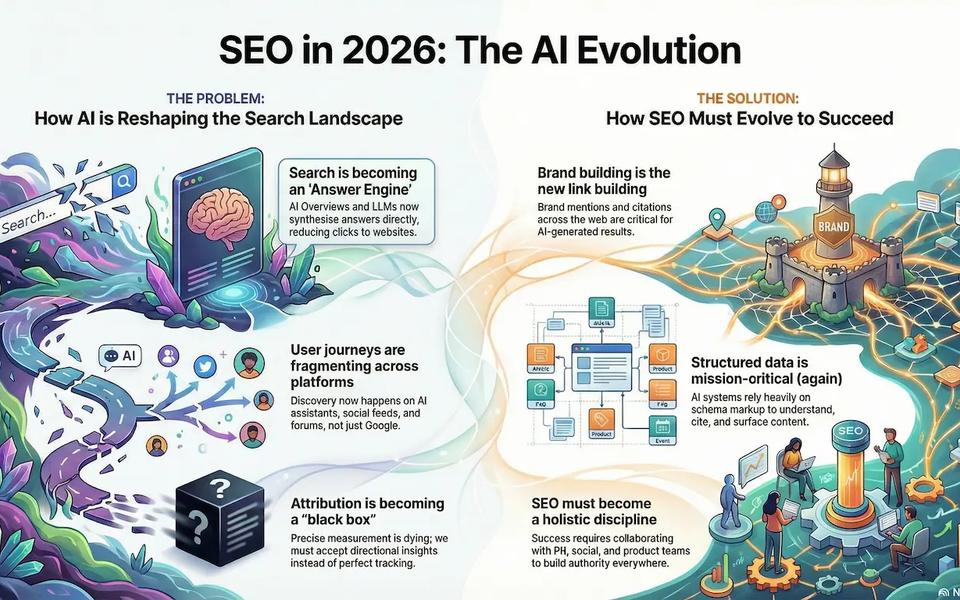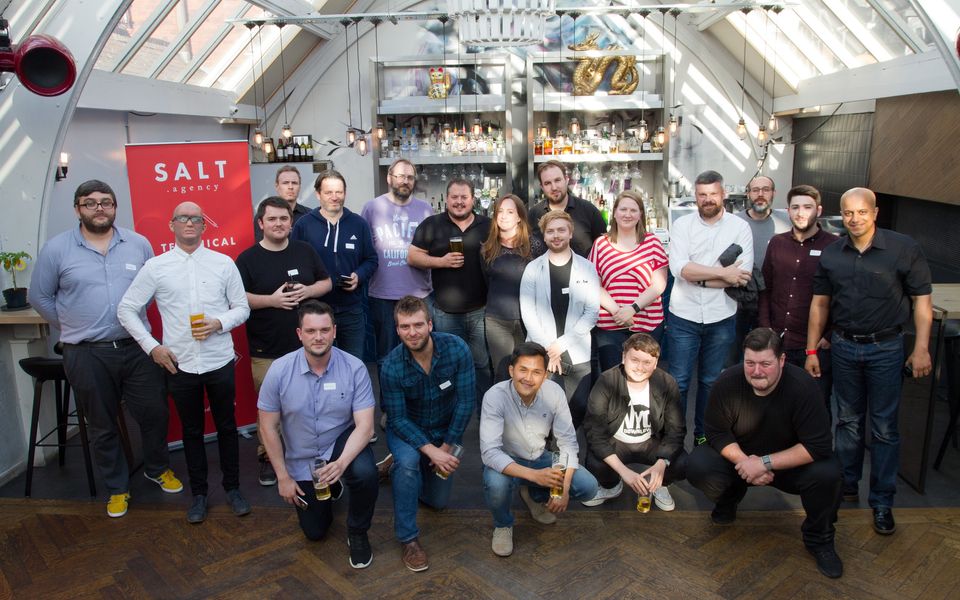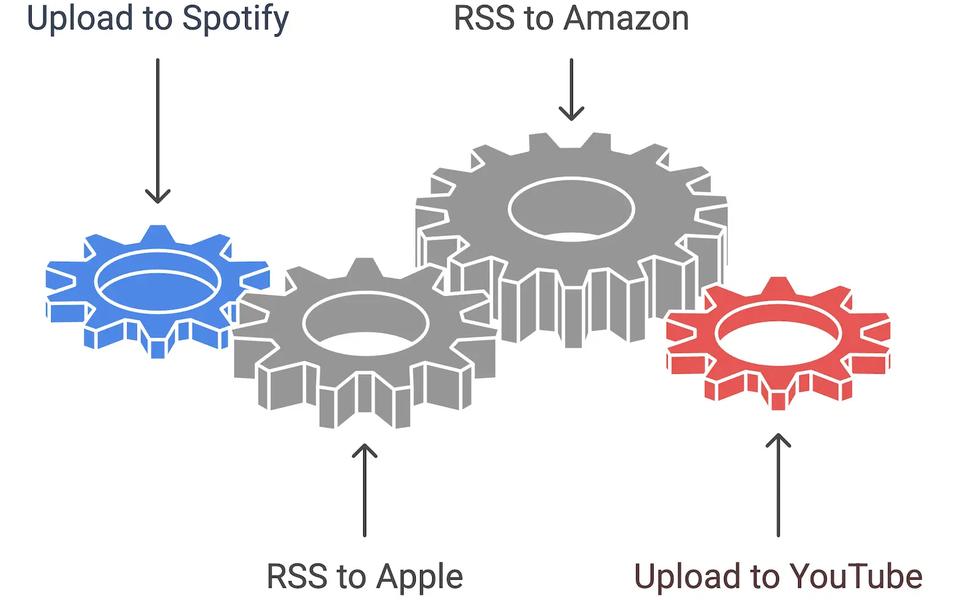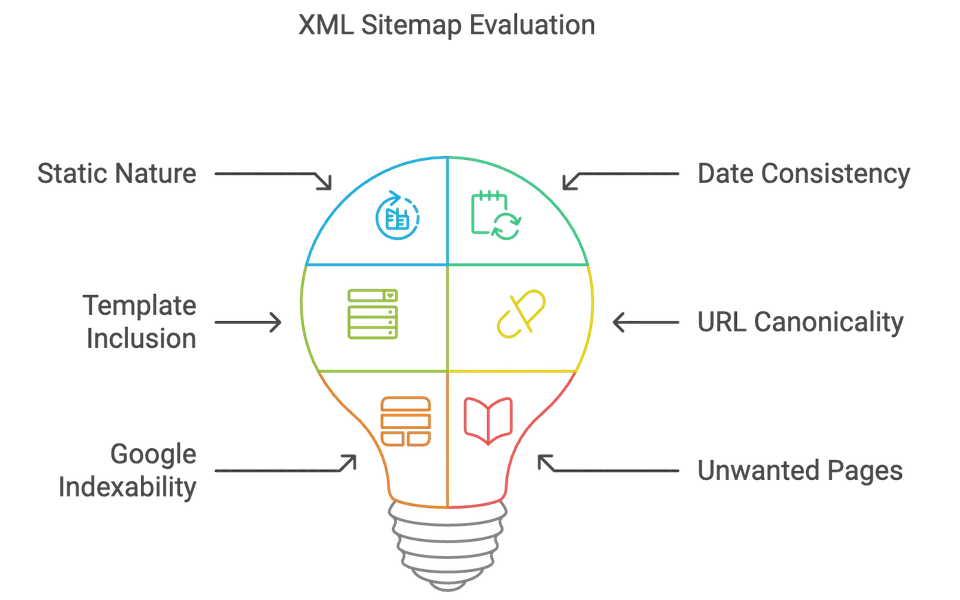I've been that person at parties for years now, enthusiastically declaring that VR and AR are about to change everything. "Just wait," I'd say, "in a few years we'll all be shopping in virtual malls and having holographic meetings!" Well, it's 2024, and I've been diving deep into where we actually are with all this technology. Spoiler alert: it's complicated, but fascinating, and the rising tech of ‘spatial computing’ is what is going to make this area explode. This is why I chose this as a topic for a couple of recent talks. I thought by investigating this I would find some incredible developments but I appear to have as many questions as answers!
This is a partial writeup of my conference talk for SERP Conf Vienna which was an awesome event
The Curious Case of Missing VR Shopping
Here's something that genuinely surprised me during my research - there's practically no VR e-commerce right now. Isn't that wild? We can literally build entire virtual worlds, but somehow we still can't shop in them. It's not that we can't do it; the technology is absolutely there. It's just... nobody seems to be doing it properly yet.
Apparently eBay had a VR store back in 2016 and that disappeared into the digital ether. Shopify's got about 70 AR/VR apps in their arsenal, but none of them quite nail that "walking through a virtual shop" experience we've all imagined. There's this one called Odyssey3D that's getting close, but we're still not quite there. It is two dimensional products in a 3D environment. Meanwhile, in gaming, we've got entire virtual shopping malls - some for buying actual stuff, others for shooting zombies. Because priorities, right?
The Devices: What's Actually Out There?
Let me break down the current device landscape, and trust me, it's more interesting than it sounds!
The Standalones
The Meta Quest (formerly Oculus, because Facebook, now Meta wanted to bring it inline with its vision of the future) is the reigning champion here. The Quest 2 was such a hit it actually outsold the Xbox Series X - not bad for a budget VR device! The Quest 3 came along with some serious upgrades, including powerful colour passthrough that lets you see the real world in, well, real colour. This gives you augmented reality.
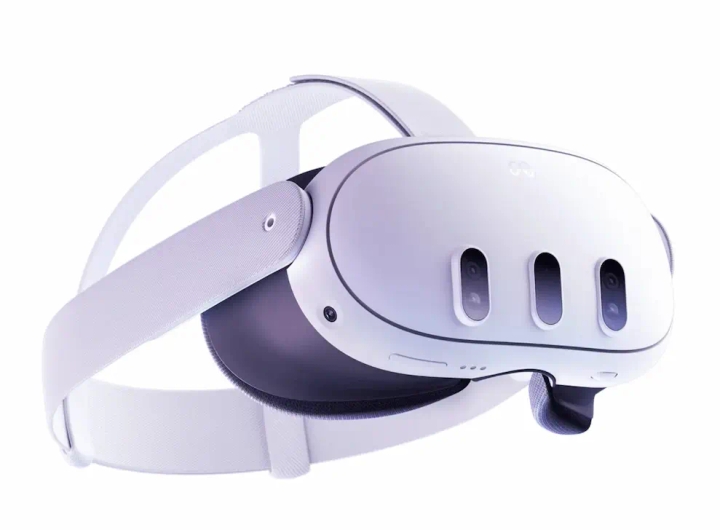
Then there's Apple's Vision Pro. Look, Apple has this thing where they enter markets late but somehow end up owning them (remember smartphones?). The Vision Pro hasn't exactly flown off shelves, but let's be honest - it's Apple. They're playing the long game, and they usually win at it.
And ByteDance, the company behind TikTok, has their own VR headset called the Pico. It's actually really good! But unless you're in Asia or really into trying the road less travelled, the Quest is probably still your best bet. It's got the community, the ecosystem and, as it is sold in the US it will probably be around for a long time to come.
One cross platform VR game has made well over 255 million in revenue by 2022 (BeatSaber Revenue )
The Portable, Connected Crowd
A rapidly rising sector is the ‘cool’ connected glasses now, like the Visor and Xreal glasses. Think of them as the middle ground between full-on VR headsets and regular glasses. They're perfect for when you want extra virtual screens but don't want to look like you're about to pilot a spaceship. Although you can use the Quest 3 in a similar way, the Xreal glasses let me work from anywhere - it's like having a multi-monitor setup in your pocket, which still feels like living in the future every time I use it.
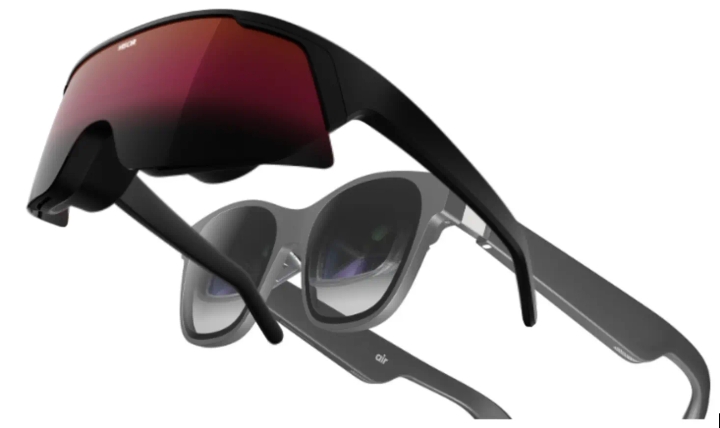
The PC Power Players
There's still a whole market of high-end VR headsets that connect to PCs. The Ferrari's of the VR world - absolutely amazing if you've got the setup for them, but not exactly what most people are going to use for checking their email. They're mostly hanging out in business training rooms and the homes of really enthusiastic gamers who will spend thousands on gear.
The Smart Specs
Now this is where things get really interesting. Meta teamed up with Ray-Ban to create glasses that look almost normal but pack cameras and bone-conduction audio. You can stream your view directly to Instagram or listen to Spotify, all while looking like you're just wearing regular sunglasses. It's not quite Google Glass (it won’t show you anything), but it's what Google Glass wished it could be.
The future - Smart Glasses
I'm particularly excited about Meta's upcoming Orion glasses. If they deliver on their promises, these could be the devices that actually change how we interact with the internet on a daily basis. No more pulling out your phone - everything could be right there in your field of view.
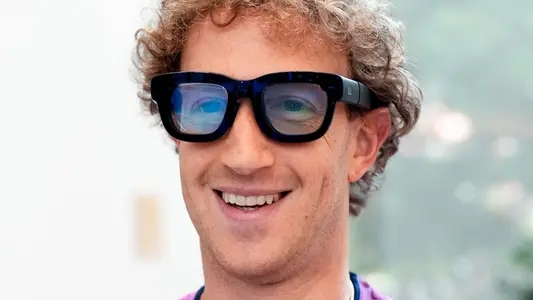
Smart Glasses without VR / VR
This is an interesting sector, with ‘AI’ being integrated with cameras and sound (bone conduction audio) Meta again are one of the biggest players here with a partnership with Ray Ban to integrate cameras and audio, you can play spotify on the move or live stream what you can see to everyone on Instagram. An interesting example of what is possible - for people with partial sight it can describe what you can see, there are already partnerships to improve on this. On a personal level, I would love to have a pair of these for recording some life events that would otherwise pass me by, as well as being able to take calls and have notifications for my next meeting.
The Simpsons predicted we would all be out and about wearing headsets and considering how many spooky predictions they have had spot on - it is a fun watch -

The Metaverse - There is no “The Metaverse”, there are many
McKinsey have the following definition, which I feel isn’t a good description of the current state-
“The metaverse is the emerging 3-D-enabled digital space that uses virtual reality, augmented reality, and other advanced internet and semiconductor technology to allow people to have lifelike personal and business experiences online.” mckinsey.com/featured-insights/mckinsey-explainers/what-is-the-metaverse
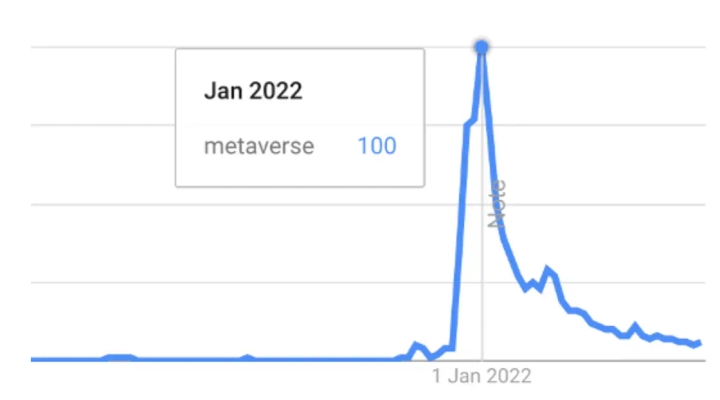
I will start this off by saying there isn’t a singular metaverse, but there are many, including popular games engines which have a metaverse element and open world experiences, Second Life, Roblox, Decentraland, Sand Box and Meta Horizon World to name a few and despite me having said there is little to no VR E-commerce, there have been some huge purchases of NFTs and in game products within worlds including a Gucci purse for over $4000 in Roblox, as well as outfits in Fortnight.
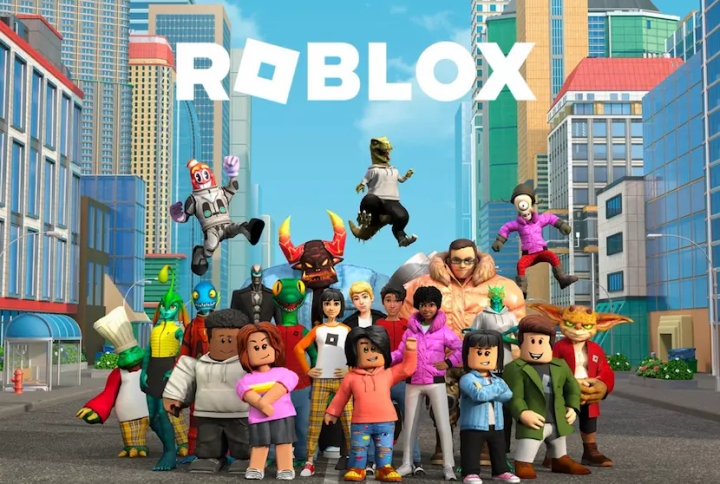
Roblox is huge with 207 million monthly active users and nearly 80 million daily users, according to Demand Sage . Companies such as IKEA and CROCs have created worlds within it to promote their own products, apparently you can get paid to work in IKEA if you want to apply here - thecoworker.co.uk/ this is an incredible campaign, the coverage is huge with so many fans of both Roblox and IKEA this unlikely paring works rather well. There are plenty of opportunities to market within these worlds right now, the limitation is your imagination (and budget)
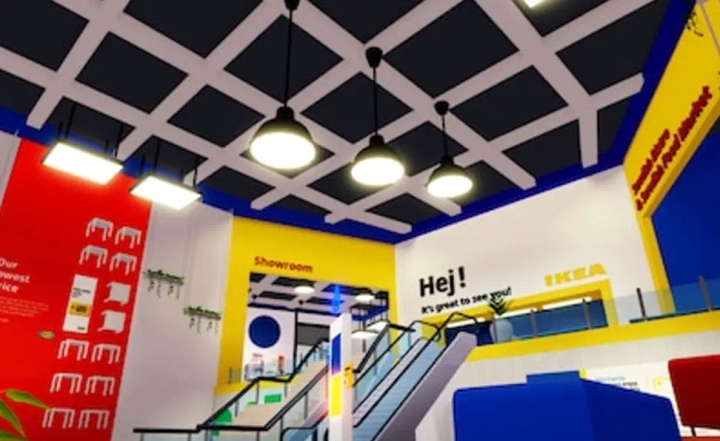
Fortnight has had successful partnerships with Samsung, Nike, Skoda, Vitaminwater and of course Lego, as well as big named artists and movies such as Travis Scott, Ariana Grande and Marvel!
If your target audience, (or their family) is in a metaverse, it is a huge opportunity, but the predominant inhabitants appear to be younger kids who enjoy online social experiences.
Augmented Reality
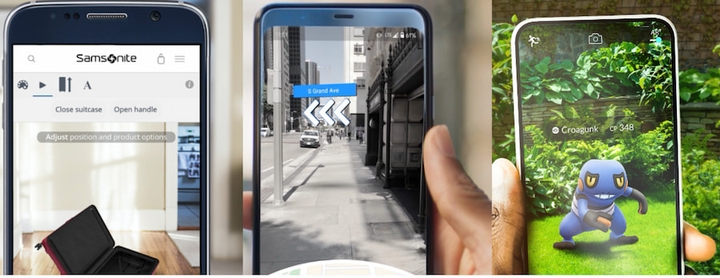
This isn’t a new topic and of course has been spoken a huge amount in the past, but the new wave of devices and availability on mobile phones it really is becoming more accessible to both consumers and businesses, it is also opening up a new technology called ‘Spatial Computing’ you can see this in practice in videos promoting the Apple Vision floating (2D windows in a 3D environment) you can position these around the house, watch a cooking video whilst cooking in the kitchen. You can have a 3D website map layed out in your living room, or a virtual table for boardgames or poker, this technology as devices improve will also improve, virtual whiteboards, meetings and interactive technology projected at your fingertips.
IKEA and Samsung have products that you can see in your house, so you can check the size or aesthetics of, watches and shoes can be tried on virtually, does this improve conversion rate? It certainly gets links form the media. I had fun trying on different lipsticks - wasn’t sure it was the best to include in my talk however.
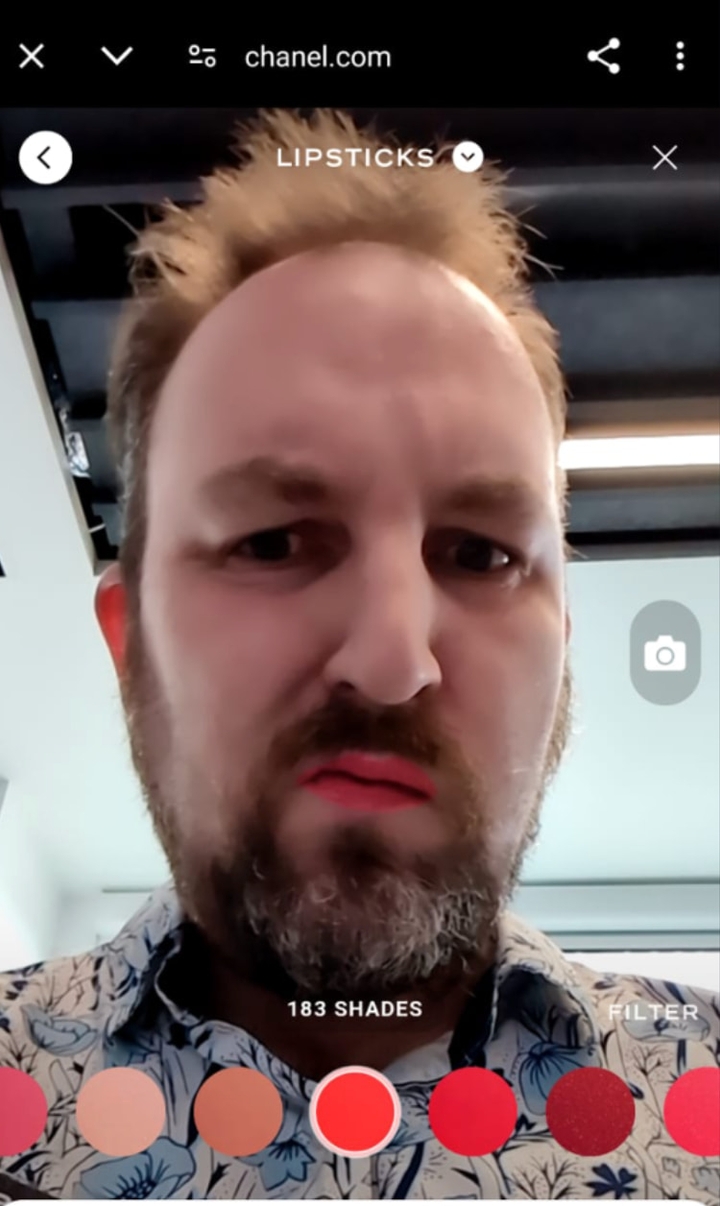
Using VR for storytelling & Marketing
VR cameras are getting cheaper, in fact the new iPhone has the capabilities to create 3D deep video experiences ‘Spatial photos and videos’ are watchable on both Meta Quest and Apple Vision headsets, other companies are creating interactive labels for wine bottles, or stories telling where your coffee has come from, and with one in twenty households having a VR headset today, after Christmas 2024 I think this will increase rapidly, investing in 3D branded assets is an opportunity if you have a story to tell, your videos on YouTube no longer need to be 2D.

One other huge opportunity for VR is in real estate, you can dive inside a house you are interested in buying (or let others explore it)
Social Opportunities
One of the best things within many VR experience is the social side, the ability to share virtual experiences, games and even movies (there is a virtual movie theatre app Big Screen), the opportunity to create shared marketing / e-commerce experiences is sadly missing and in my opinion this is the single biggest missed opportunity in this field right now.
Working in VR
I personally haven't worked in VR yet, however Michael Chidzey has shared an amazing video of how he works within a VR workspace using a Meta Quest Pro (discontinued because it is largely similar to the Quest 3)
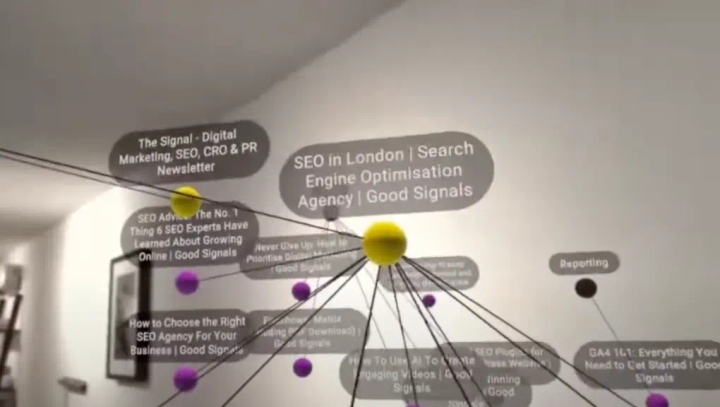
Michael Chidzey
What so what ….
- Spatial computing, with AR / VR merging is increasingly going to be entering our daily lives, we are going to see more people out in the public with some sort of smart glasses or headsets
- What we see today wil improve rapidly over the next few years as Apple, Meta, Samsung and ByteDance invest
- Christmas 2024 will see a huge amount of sales of the Meta Quest
Despite the seemingly poor start of VR-Ecom or XR-commerce will gain traction if people can socially shop together who potentially especially those who live a distance apart.

